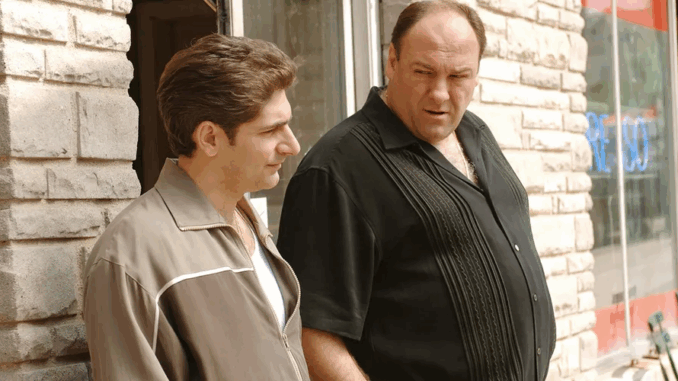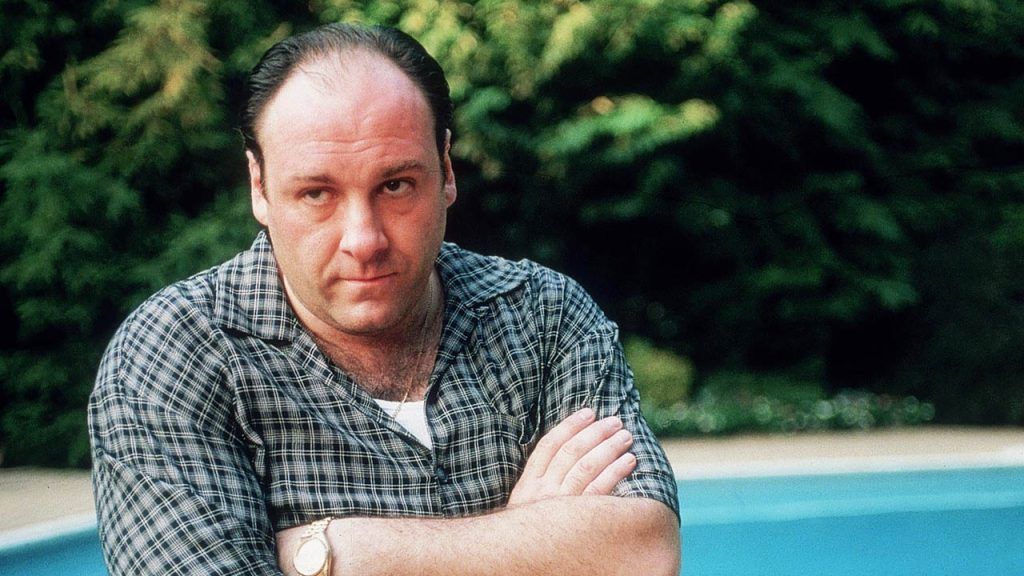
The Sopranos creator David Chase explains how he almost hustled the producers at HBO into his secret scheme and churn out “another half a million.”
Before The Sopranos revolutionized television and forever reshaped antihero dramas into a cultural phenomenon, its creator, David Chase, apparently wasn’t too happy about actually seeing it aired, at least not right away. In a candid interview, the artistic director admitted that his original plan for the iconic HBO series wasn’t about making history. It was about making more money.
HBO, at that time, was still testing the waters with original scripted content. The network was yet to deliver a truly genre-defining drama, and The Sopranos, for the most part, looked like a risky gamble – a dark, violent story about a mobster in therapy.
Chase, who had a background in network television and had grown disillusioned with traditional storytelling formats, wasn’t convinced HBO would greenlight the series but aimed to churn out more money to fuel his filmmaking ambition.
David Chase’s secret scheme: how the Sopranos director nearly hustled HBO
David Chase never wanted to be in the Television business but was more inclined to be in movies. So, when HBO was in talks with him, he was super cool with his work and didn’t actually consider it a golden ticket.
He had a befitting response to the studio, which he thought would flag, and put a hold on his pilot episode. But then, it became a massive hit that Chase ended up loving the experience, “pleased,“ as he’d put it, working with HBO on the first season of The Sopranos.

But then again, the creator saw a key opening and decided to take full advantage of it when Chase realized his gift and how to turn it into money. In an exclusive to Peabody, he explained,
” When I made the pilot, it took them a long time to decide to put it on the air. And I was hoping at that time that it wouldn’t make it onto the air. I had written and directed it; that was a big career thing for me, to write and direct a thing like that. And I thought, “If maybe I can then get another half a million out of them, it won’t go on the air, and [I’ll] shoot another 30 minutes and make a feature out of it.” That’s what I was hoping would happen. “
Chase’s plan was simple. His plan was not to let the pilot season move forward—at least not without a fight. His idea was to use HBO’s interest as leverage to squeeze out another half a million dollars in development money and go make a movie.
Unfortunately or fortunately, he couldn’t realize his sinister plans since HBO gave him a green light to proceed with the original work. They also gave Chase the creative freedom he wanted.
What followed was nothing but a cultural earthquake. The Sopranos ran for six seasons, won 21 Primetime Emmy Awards, and is widely credited with kicking off the Golden Age of Television. Soon, Tony Soprano became a household name, and David Chase became a TV auteur almost overnight, driving filmmakers to create more flawed anti-heroes.
Chase on James Gandolfini: landing the role of Tony
During the early talks of The Sopranos, the casting crew of the show had a tough task. Chase deployed casting directors Georgianne Walken and Sheila Jaffe, who had previously worked on independent films, to come up with relatable talent.
While Chase himself admired and commended Gandolfini’s rendition of the mob boss during the audition, the veteran filmmaker wasn’t fully sold. To him, Gandolfini fit the bill but didn’t seem quite threatening like a real-life gangster.
In addition to that, the late actor himself didn’t think he’d get the part. He even stopped his own audition halfway through, and told the team that he’d arrange it for a different day! He made arrangements afterwards the next Friday, but then called and said his mother had died. But in reality, she had died months before the second audition date.
But once the actor settled down, he was fully zoned in to play the New Jersey-based mob boss. As Chase himself admitted (via TheWrap),
” When he finally settled down and really did a reading, it was just obvious. There was just not any question about it. He was the guy. It was audition after audition — a lot of people went up for that role. As a matter of fact, they don’t like you to bring in one person — they want to have some input. So three people were brought to HBO for the role of Tony, and Jim was one of them. “
Eventually, Gandolfini won the part and made television history in the most stunning way possible.
